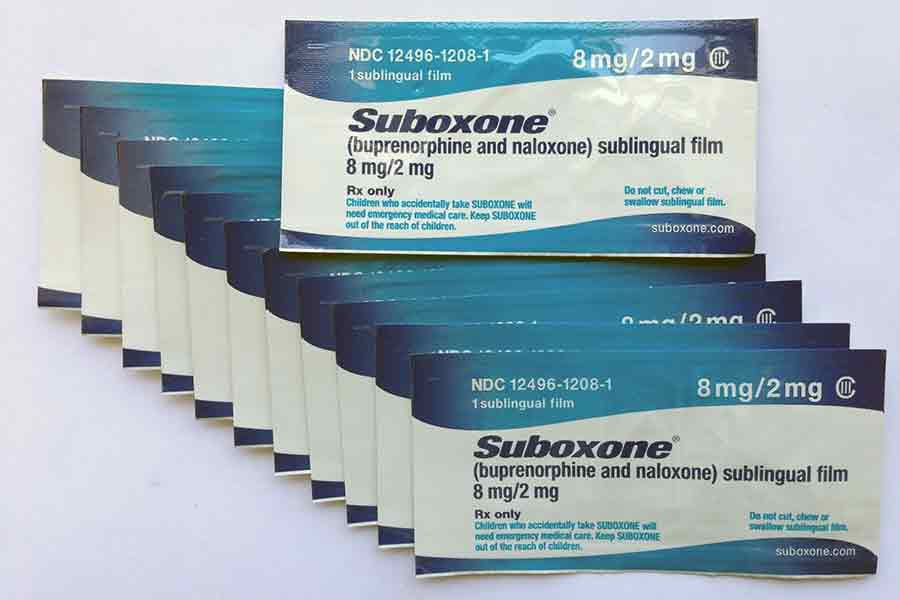Giving buprenorphine in the emergency room may increase likelihood of seeking follow-up addiction treatment
A new study published in the Journal of the American Medical Association (JAMA) suggests that giving buprenorphine to opioid dependent patients in the emergency room may increase the likelihood of the individual seeking follow-up addiction treatment and achieving abstinence down the line. This research is consistent with other recent studies arguing that immediate initiation of medication is beneficial for patients awaiting more comprehensive addiction treatment. To learn more about the Two Dreams buprenorphine/Suboxone program, call 504-510-2331 or visit our website at /treatment-programs/suboxone-treatment-program. Read more here: https://www.drugabuse.gov/news-events/news-releases/2017/02/medication-plus-ongoing-care-provided-in-emergency-departments-promising-approach-opioid-dependence


